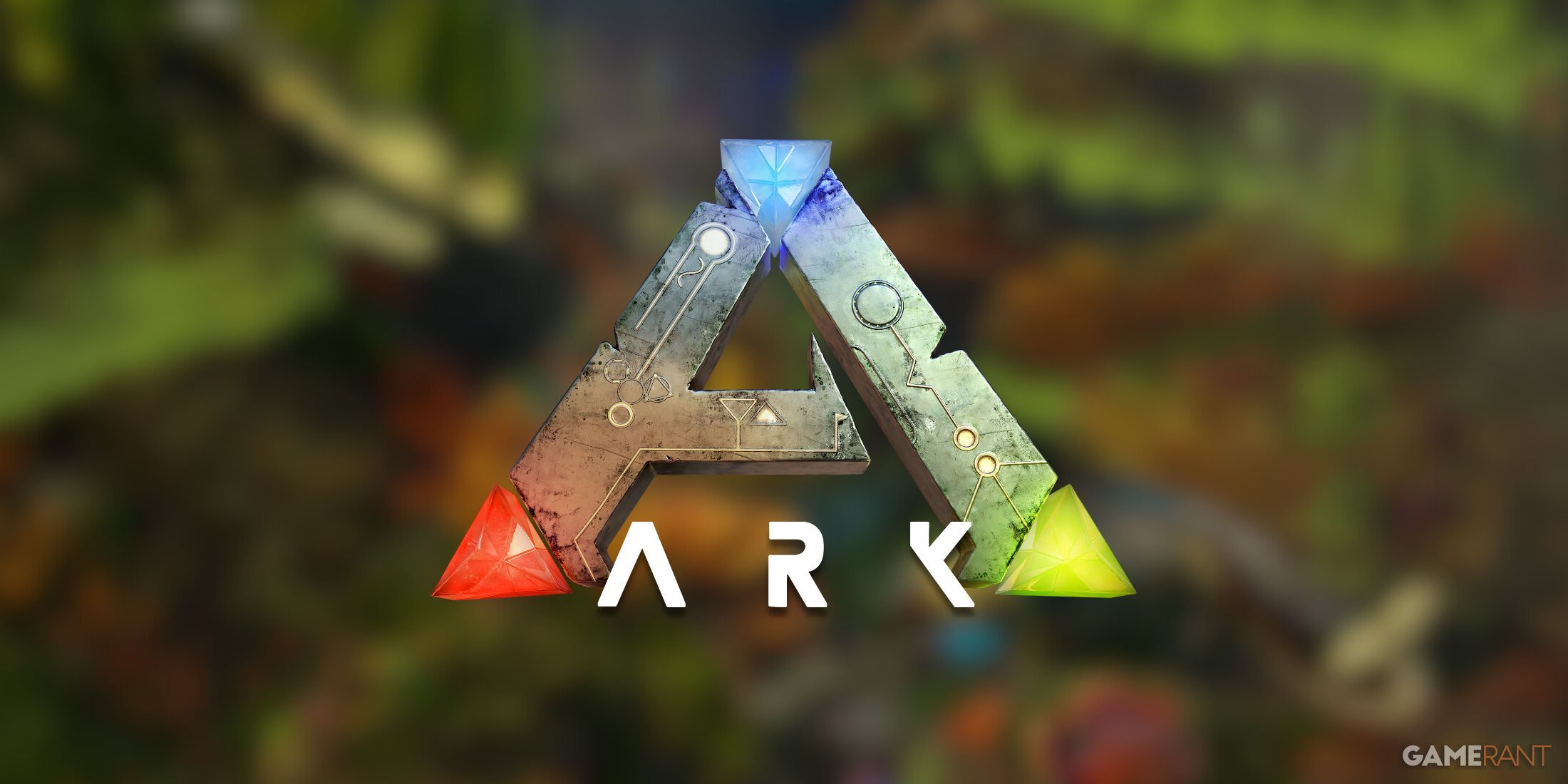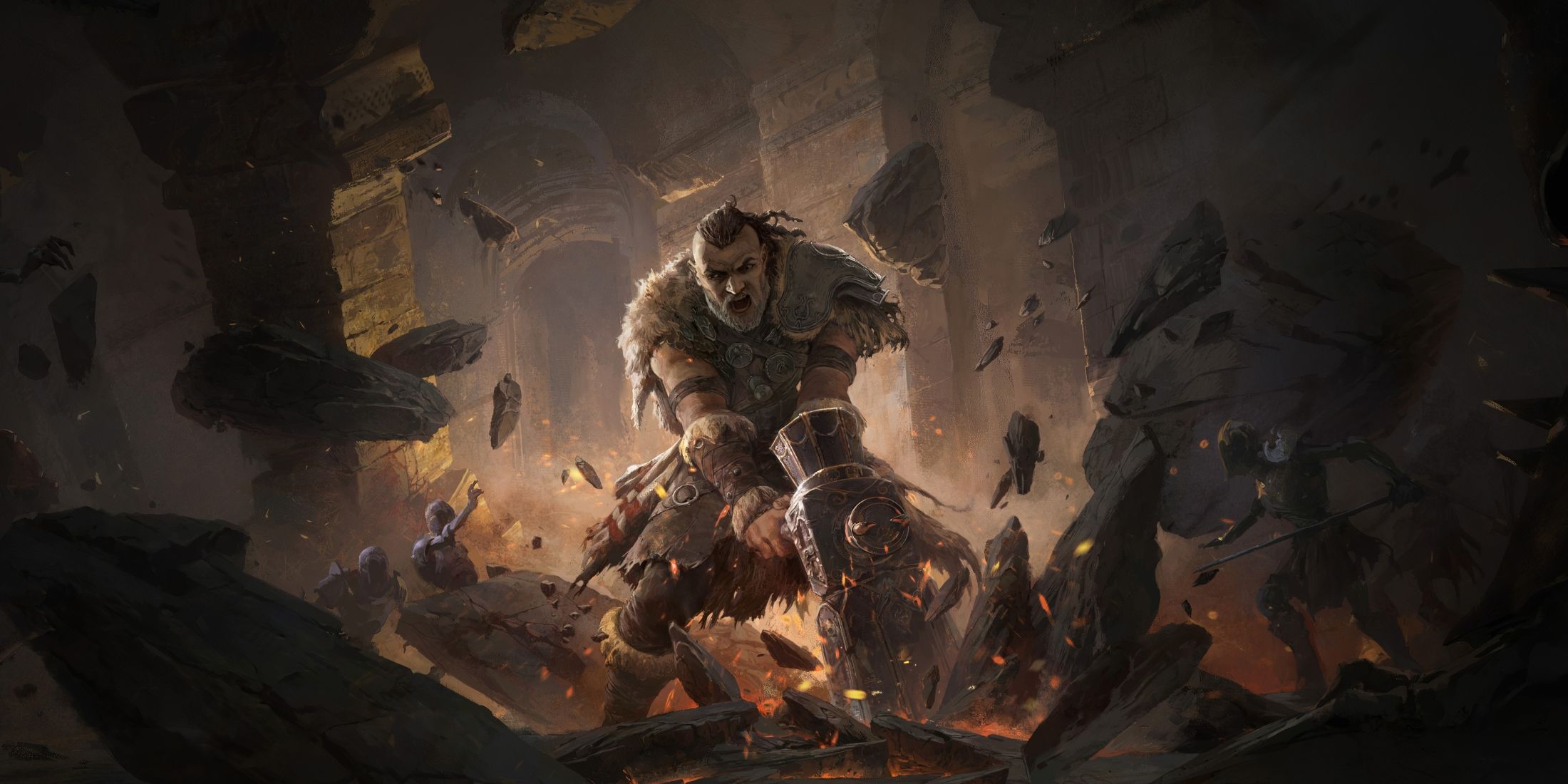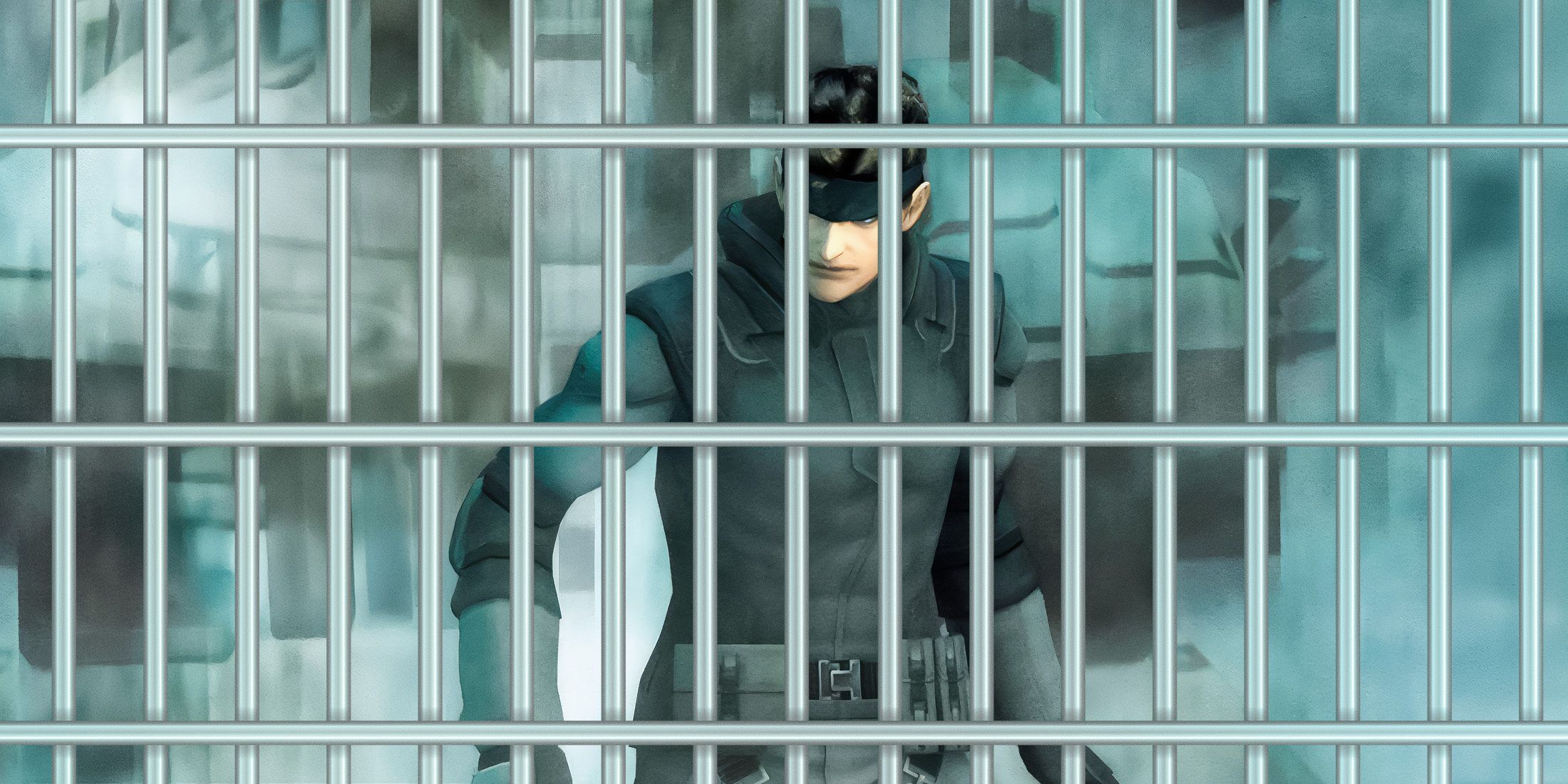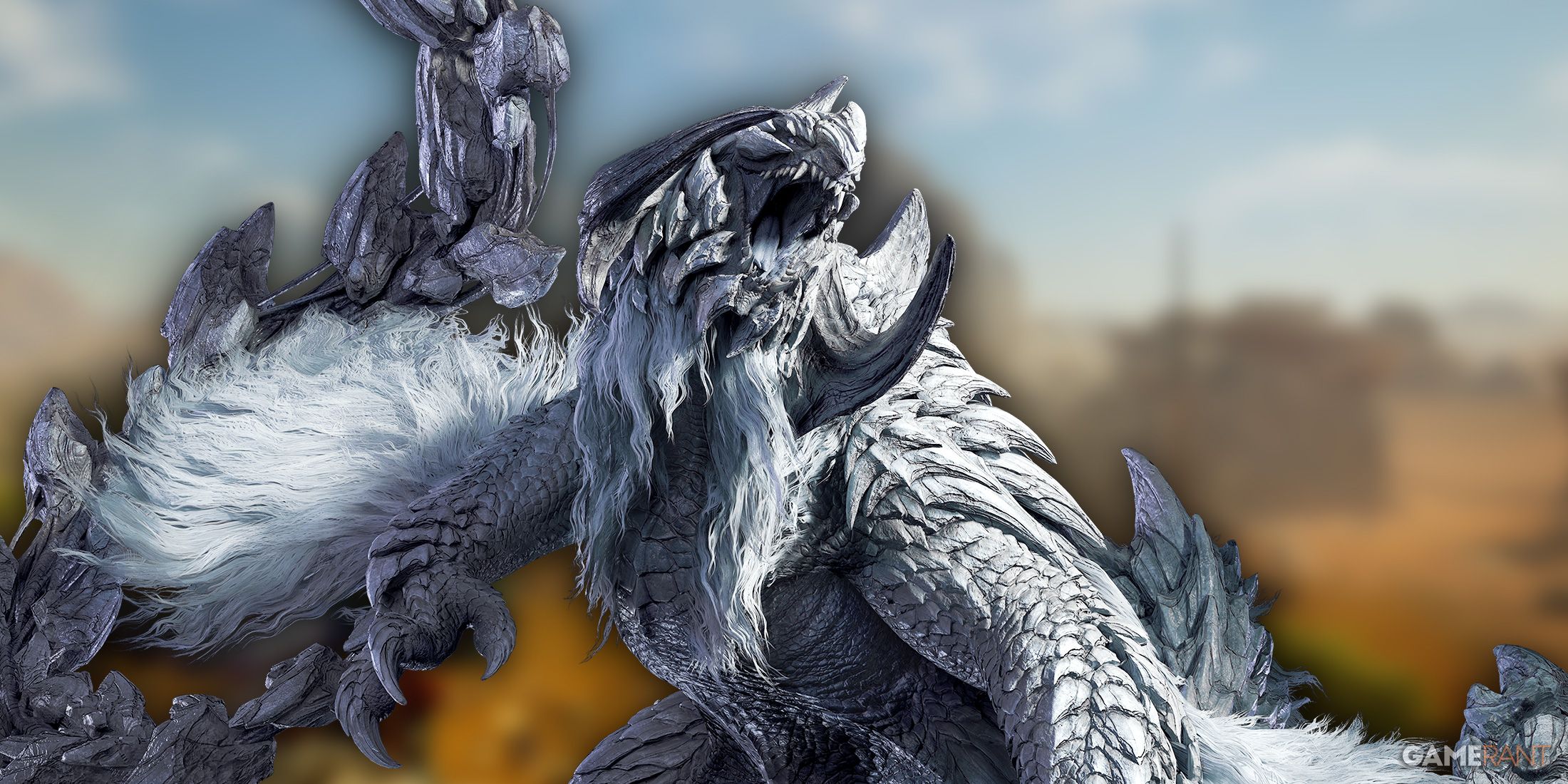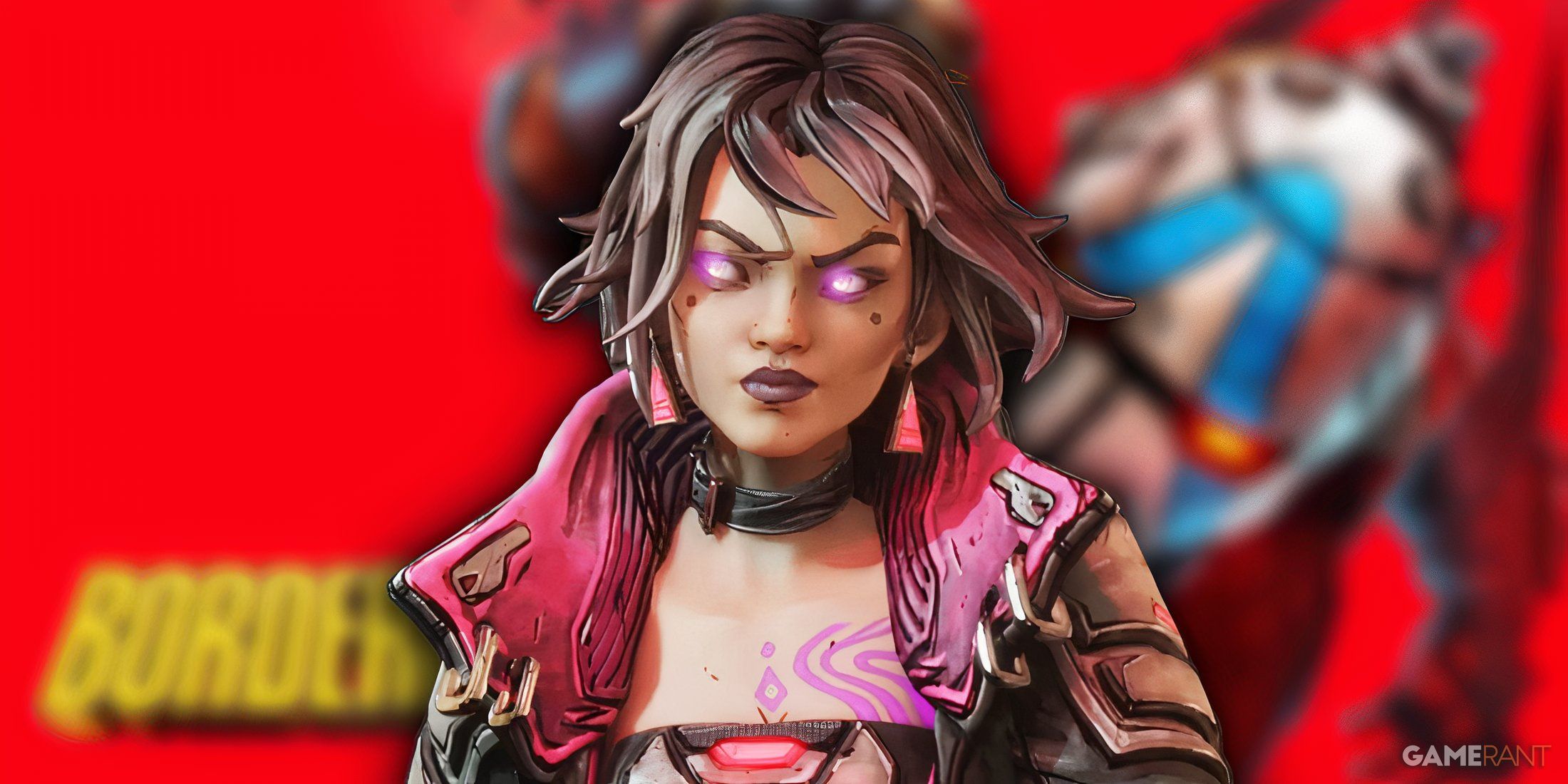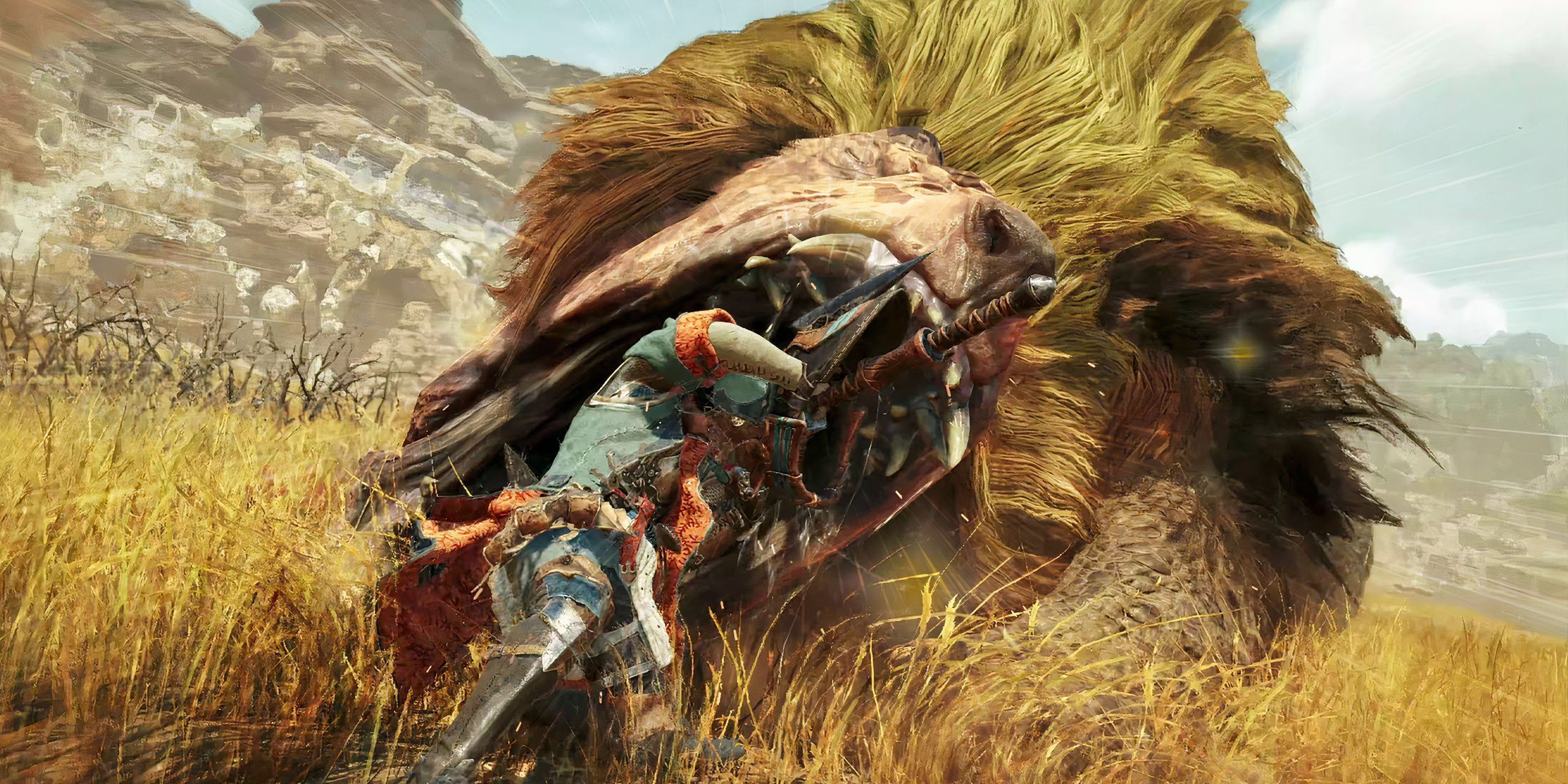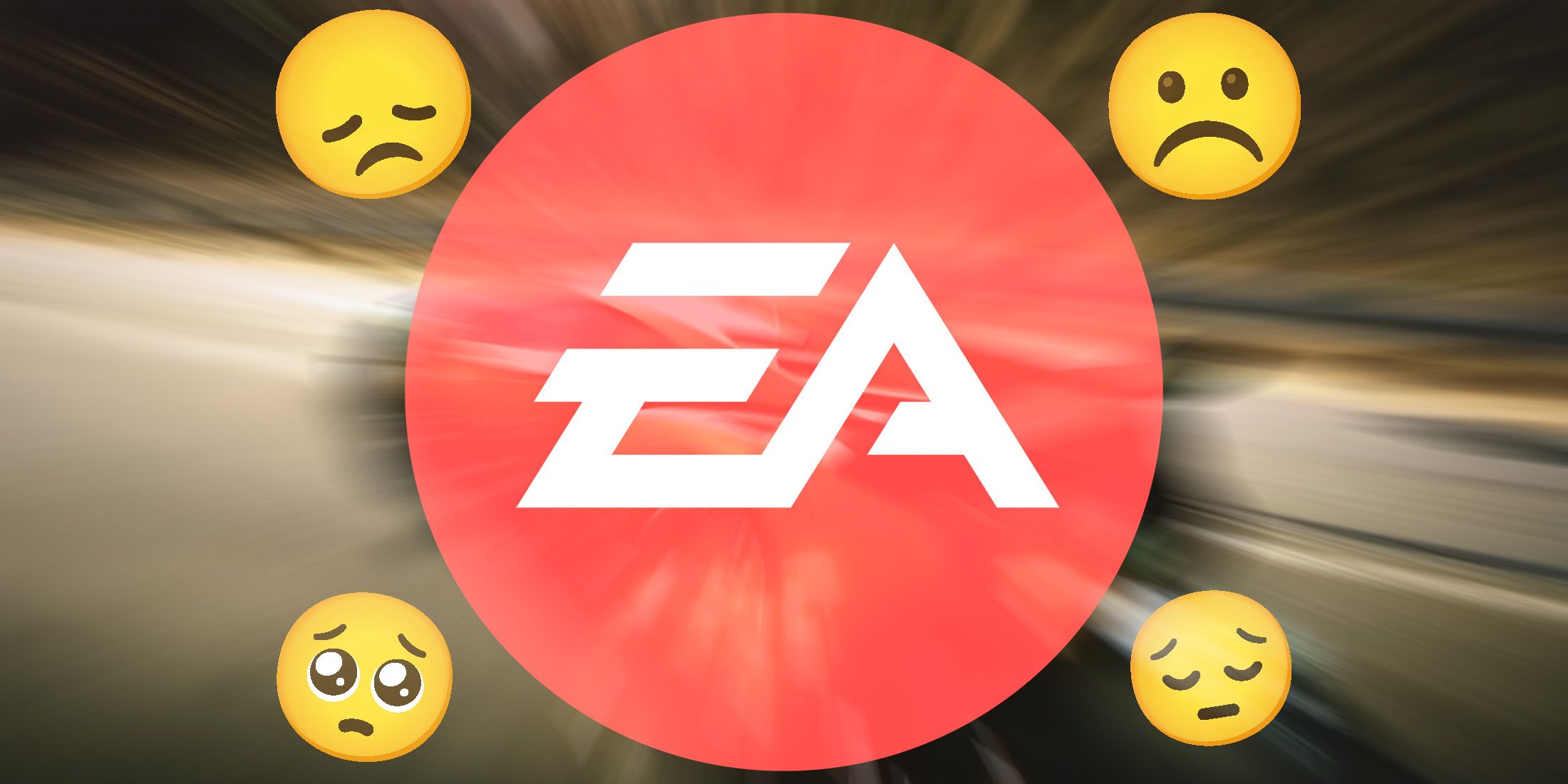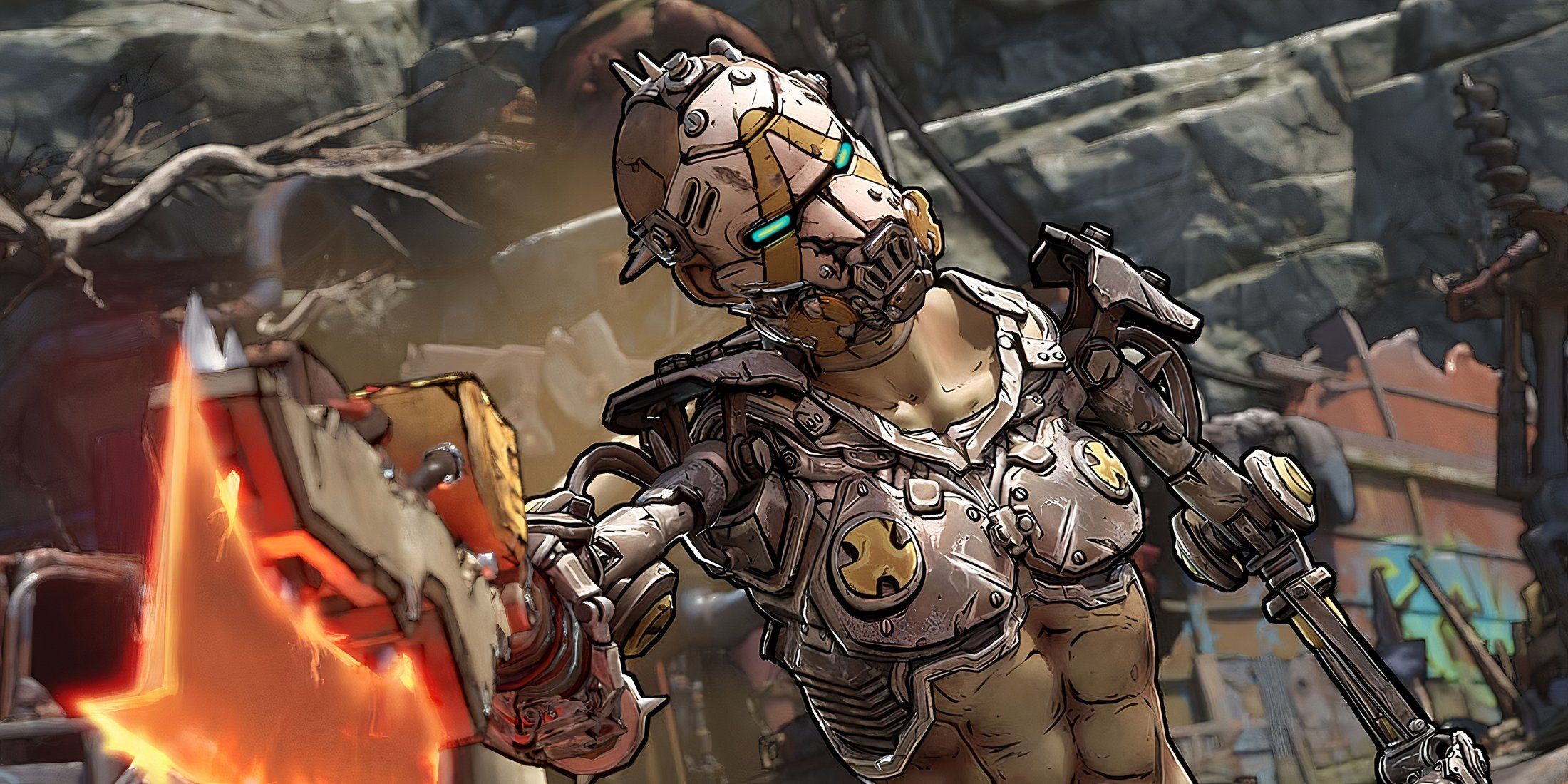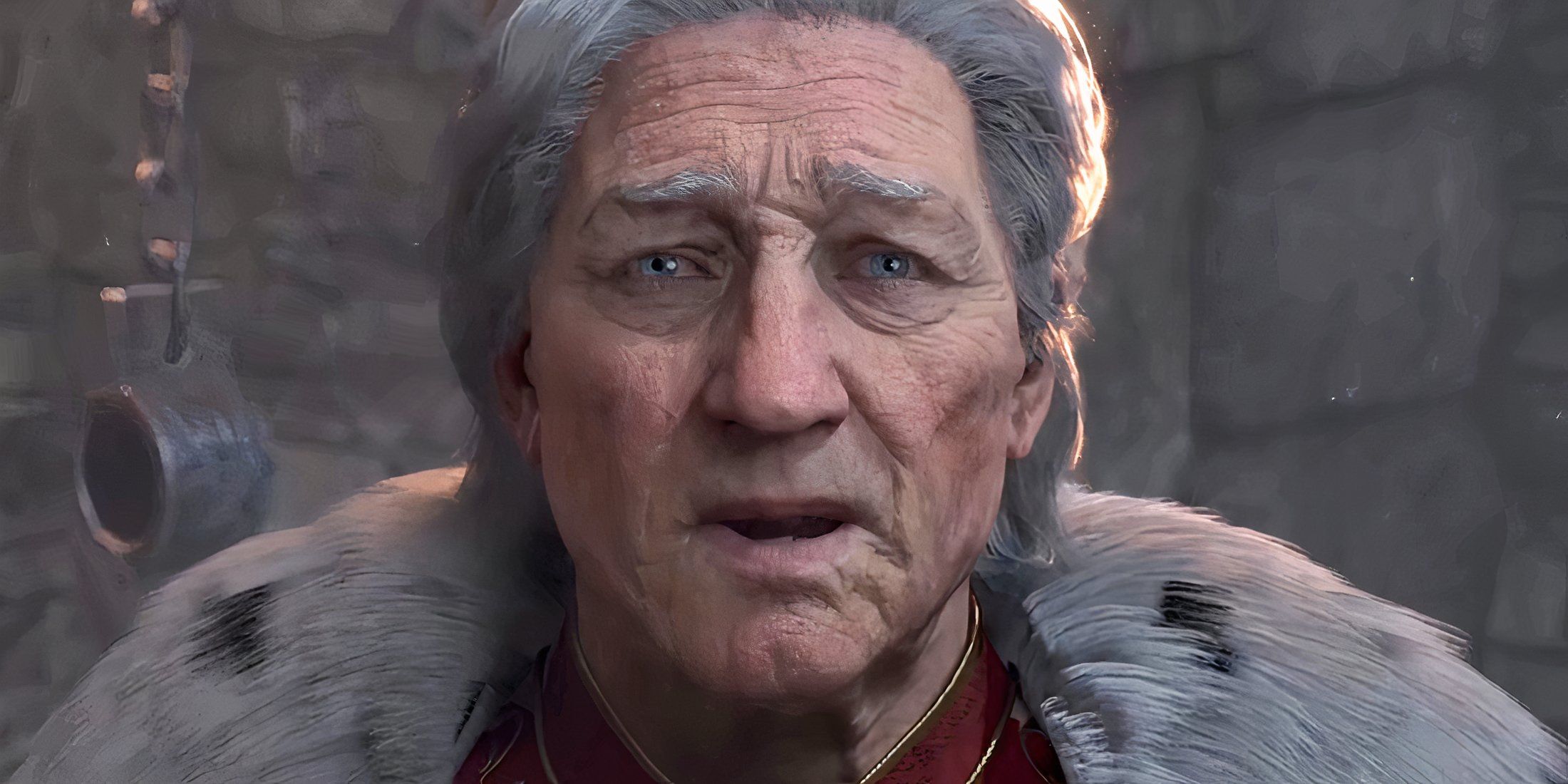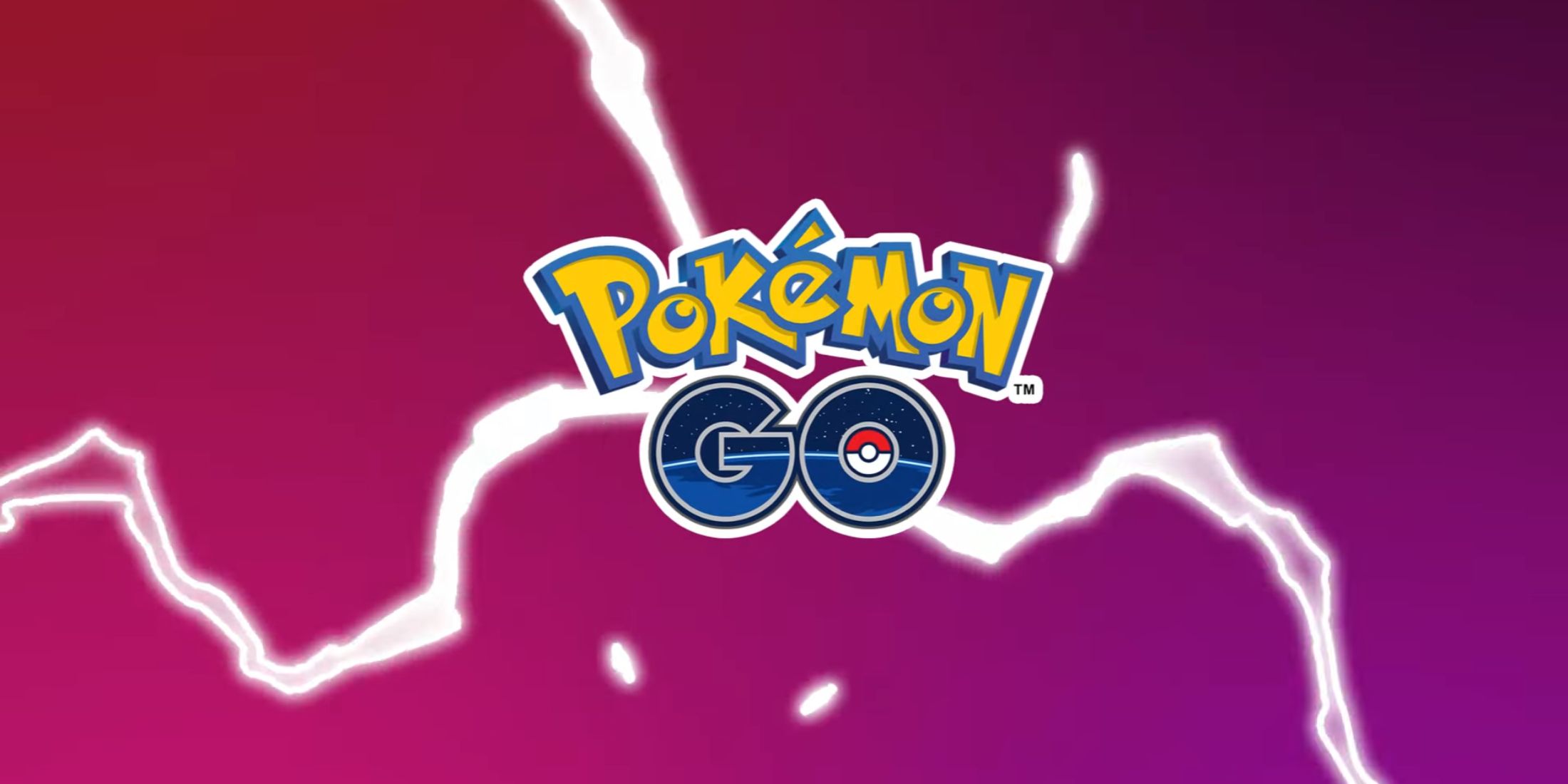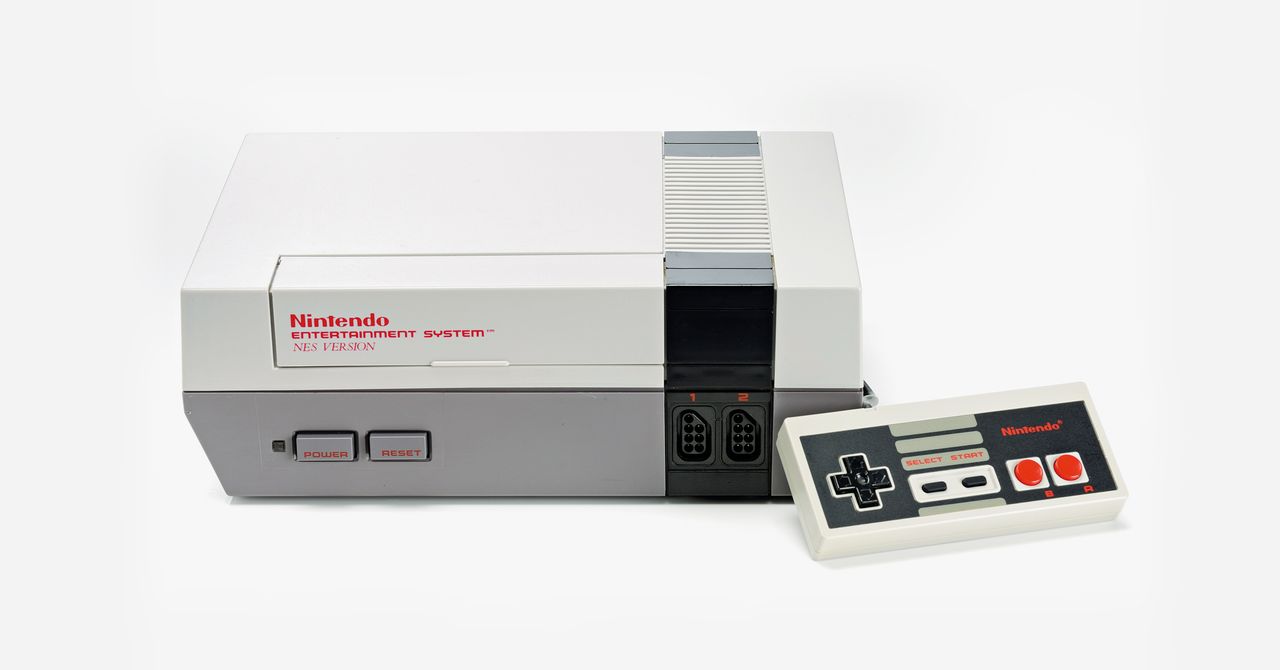
Today videogames are a multibillion-dollar industry, as much a part of popular culture as movies or music. But in 1983 the console gaming industry looked like it was headed for a kill screen. Atari, Intellivision, and ColecoVision had run the market into the ground, and home computers were poised to be the next thing to monopolize eyeballs. Videogame cartridges were either in bargain bins or destined for a hole in the New Mexico desert. It was bleak.
The Nintendo Entertainment System changed that forever.
Related Stories
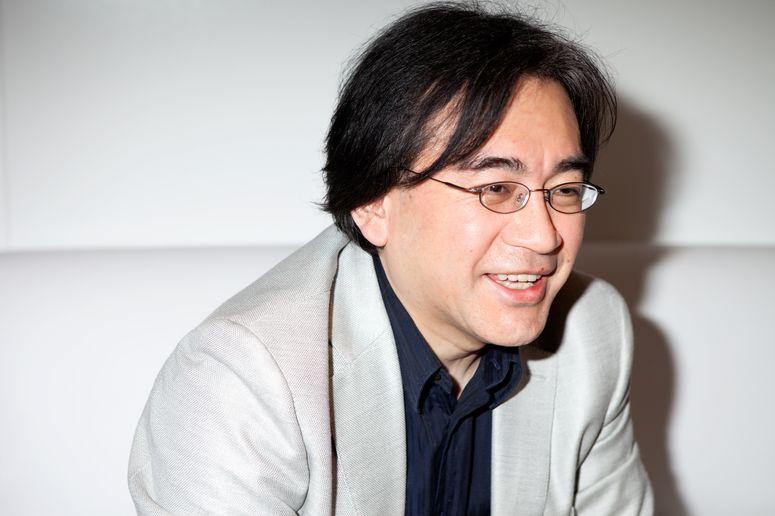 RIPThanks to Nintendo's Satoru Iwata, We're All Gamers NowChris Kohler
RIPThanks to Nintendo's Satoru Iwata, We're All Gamers NowChris Kohler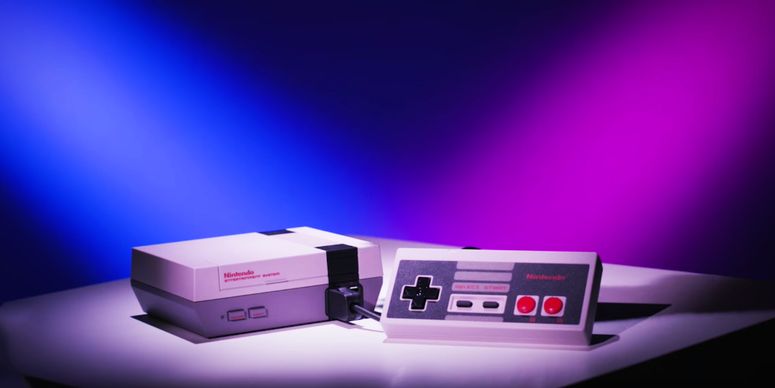 GamingNES Classic Is a Hit. So Where Does Nintendo Go From Here?Chris Kohler
GamingNES Classic Is a Hit. So Where Does Nintendo Go From Here?Chris KohlerIn the mid-1980s the console became the hottest thing around, rejuvenating the home gaming industry and creating a whole new generation of players thanks to the unprecedented popularity of games like Super Mario Bros., Duck Hunt, and Legend of Zelda. But when the console first came to the US, its chances weren’t good. The possibility that anyone would shell out for another console—let alone one that cost nearly $200—was slim.
But Joe Quesada found a way to get people to buy them. Lots of them. Yes, the guy whose name you may recognize because he’s now chief creative officer of Marvel Entertainment (he produces the Marvel TV shows, among other things) was once a clerk at FAO Schwarz in Manhattan who found himself in the rare position of being a Nintendo evangelist. Don’t believe it? We’ll let him tell the story, starting in 1984.
Joe Quesada: After I graduated from art school, I was a musician, playing the clubs, that whole thing. I got a job at FAO Schwarz, the then famous toy store. They were on the corner of 59th Street and 5th Avenue, I think. It was the classic old store.
It was a fun place to work. They put me in the games department as a salesperson. And one thing I would do is I would take home a board game every night and play it with my then girlfriend, learn it through and through. This way, when people came in, I could tell them everything they needed to know. If they told me what they liked, I knew where to steer them. I was really anal that way.
This was the time when Trivial Pursuit was very hot, so we sold a ton of that game, but we were all over the board, so to speak. Videogames, though, were just deader than dead. We had an entire basement warehouse of old Atari videogames we were trying to get rid of at 99 cents, and even at that we couldn't sell them.

